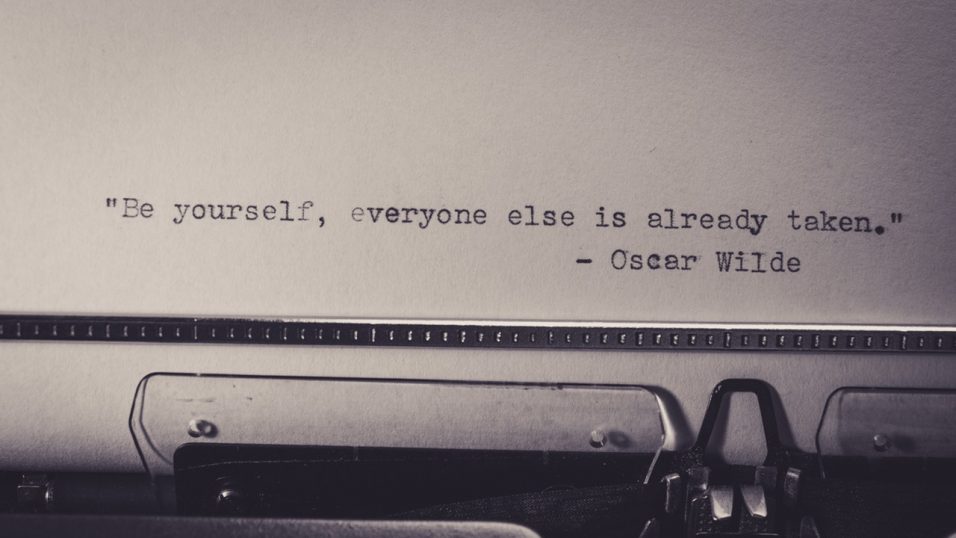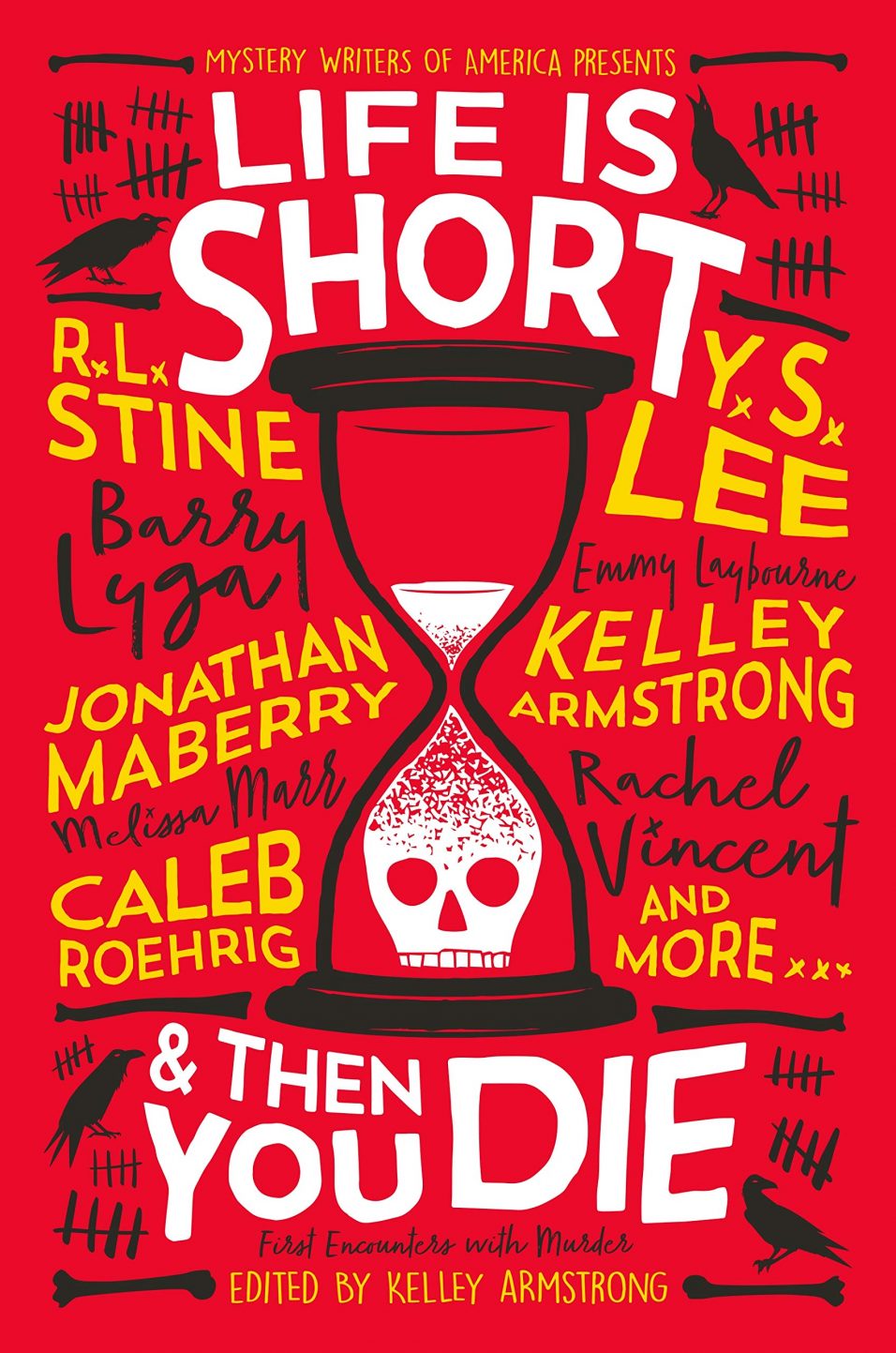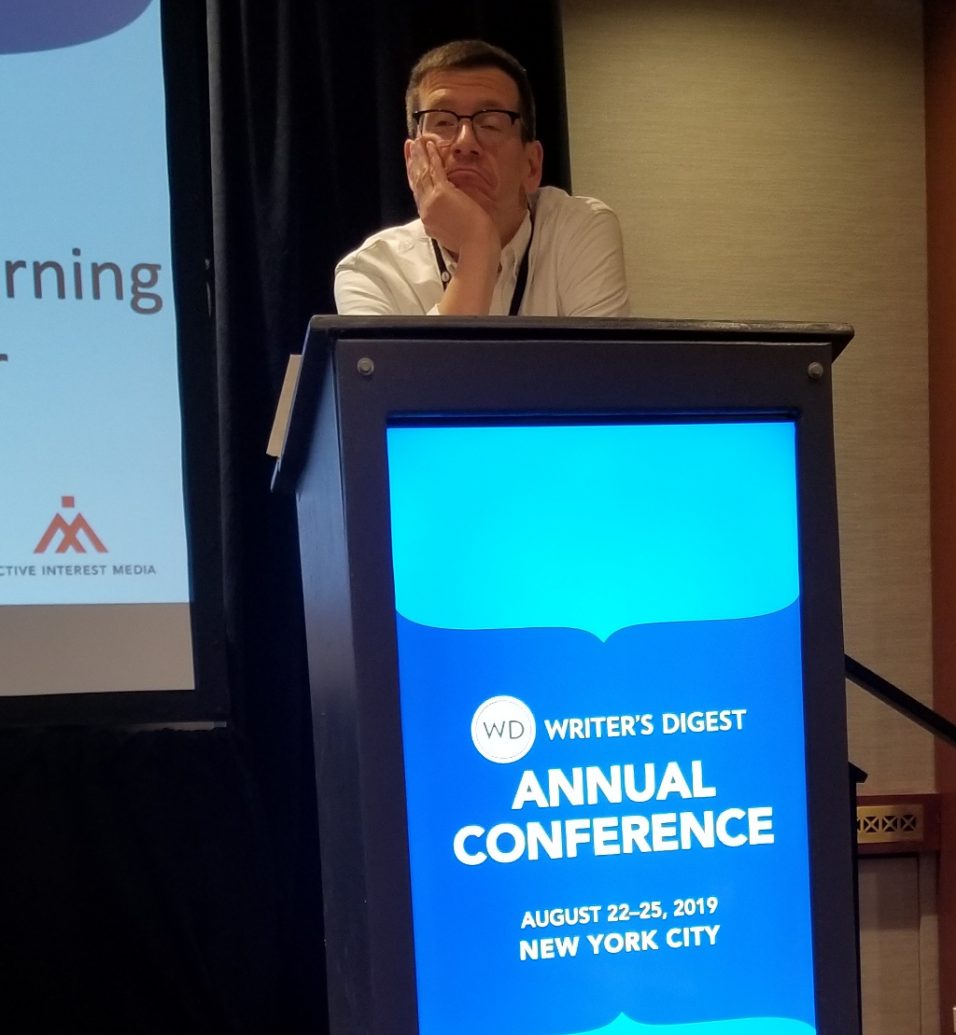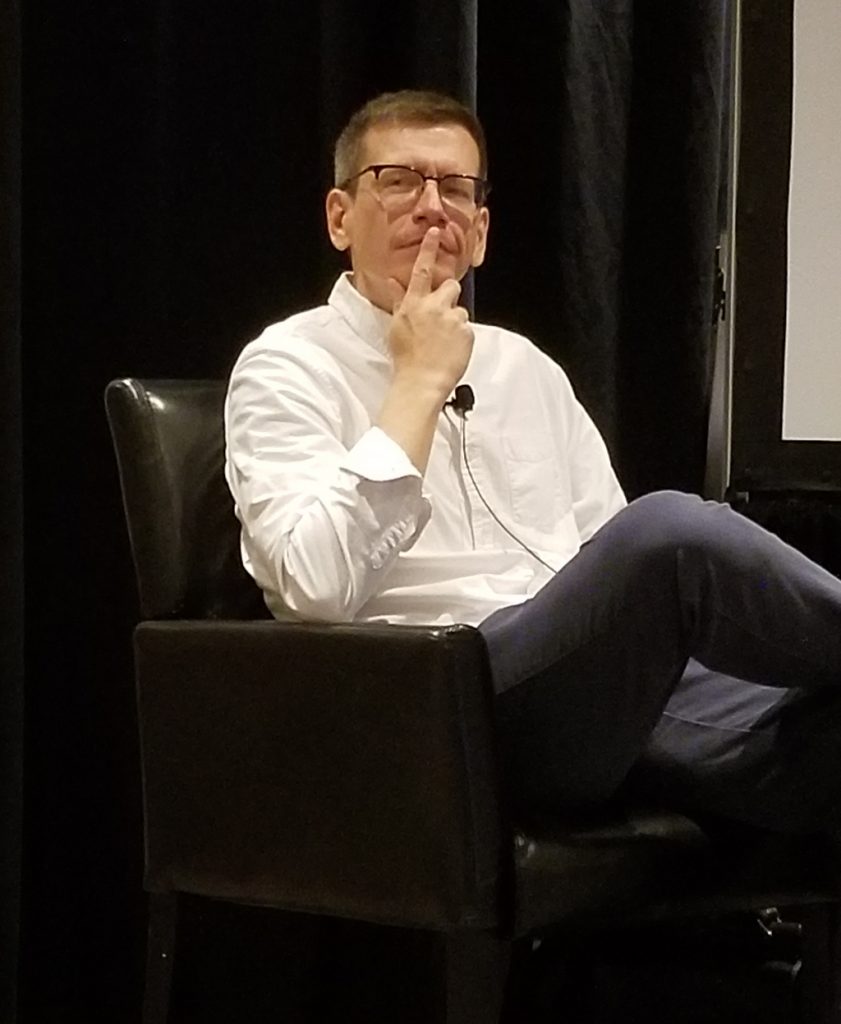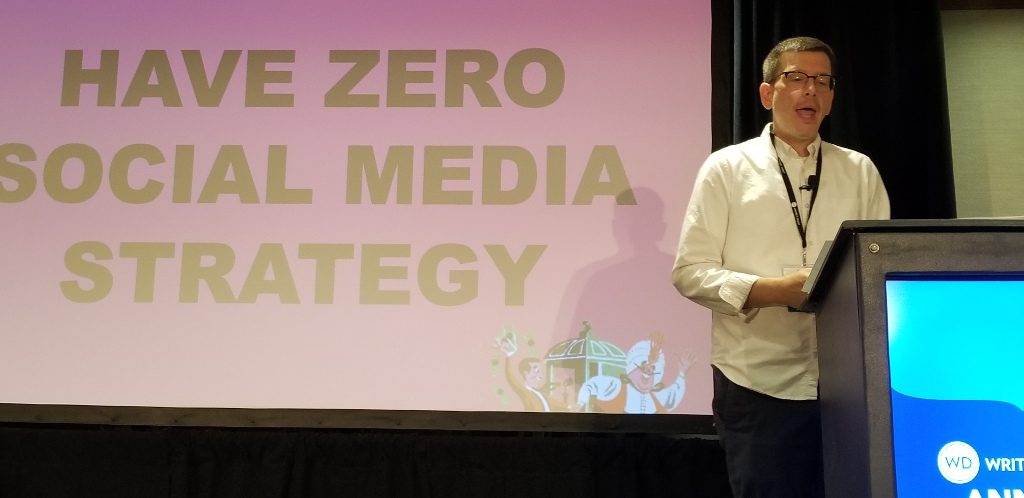Genre Mashing

I’m going to assume two things about you right now. One, I’m going to assume you are aware that there exists in this universe a television show called The Affair, which airs on Showtime and is currently in its fifth and final season. And two, I’m going to assume you don’t watch it, because as someone who has watched it I can’t imagine that other real, actual people watch it. Because it is terrible. And extremely white. But mainly terrible.
Was it always terrible? Maybe not, though it’s hard to remember. The reason I am still watching this terrible, terrible show is because The Duchess refuses to let go; once she begins watching something she hangs on with a death grip. I recall that when the show began, the whole conceit — and it needed a conceit because it’s fundamentally a show about wealthy white folks experiencing some truly dull mid-life crises — was that every episode was split into two perspectives that showed many of the same events from different points-of-view. That conceit was never as interesting or well-used as they thought it was, but the show barely even references it any more so it doesn’t matter.
I am not here, however, to complain (or, not much more than usual) or to discuss the decline of a show that was only mediocre to begin with. No! I am here to discuss the only actually interesting writing choice the show1 has made this season: The reckless swerve into science fiction.
The Future’s So Meh, I Gotta Wear a Drab, Formless Sack
I have myself occasionally used a genre-mash to liven up a slowly dying manuscript. Sometimes it even works! A genre-mash is my own term, describing the sudden injection of speculative elements into a story that has been heretofore strictly realistic. A (dumb) example off the top of my head might be a murder mystery that plays out like a noir thriller for 50,000 words and turns out to have been a time travel story all along.
It’s a gimmick, but sometimes it can work. Now, this is not exactly what I think is going on with The Affair. What’s going on with The Affair is much more dumb.
So, as a quick bit of background (spoilers if you care about such things), The Affair started life as a show about, you know, an affair: A dickish, unhappy middle-aged man has an affair with a troubled, unhappy woman, and it blows up both their lives. The show has been concerned with a slowly-growing but pretty contained cast of characters ever since, exploring the many ways this affair has changed lives and affected personal histories.
One thread is the daughter of the unhappy woman, who the unhappy man originally thought was his but turned out to be the unhappy woman’s ex-husband’s (soapy stuff). This daughter, Joanie, is still a young kid in the main storyline, but the unhappy woman was murdered at the end of last season, and the decision was made to have an adult Joanie investigate the death thirty years later. As a result, a portion of The Affair season 5 is set in the future.
Okay, I can understand that plot decision. But here The Show had some narrative choices:
- Acknowledge that it’s 2040 or something but don’t delve into the changes time hath wrought and keep the narrative focus narrow
- Go full sci-fi with flying cars and an unending war with ruthless robot armies or something
- Half-ass it with some baseline technology upgrades and a muddled environmental collapse story.
Sadly, they picked #3. This is the worst option. If you’re writing this story and decide the time-jump is necessary, #2 is the bold option that might yield narrative gold and #1 is the safe option that does the work you need without wasting a lot of energy. The third option is just pointless. It results in weird little tech doodads like tablets with air screens and glasses that can literally show you weather simulations from thirty years before, and a weird thread about climate change where everyone seems pretty convinced the world is ending and Long Island is supposedly sinking under the waves, but no one is particularly worried about it?
Then The Show apparently got tired trying and so there are a lot of weird moments where characters ignore the time jump and just use standard 2019 technology, which is totally because of laziness but is weakly sold as quirk. At one point a character offers Joanie a ride in his totally 2019-appropriate SUV and she smirks and says something about how no one uses gasoline any more, and he laughs it off. This is so stupid it hurts my brain, and it’s not the only time. In another scene, when a villain is tricking Joanie into signing something The Show is too lazy to mock up a cool tablet or something, and so he hands her a piece of paper, and she makes the same lame comment.
This, friends, is what is known as bad writing. If you’re gonna lean sci-fi, then lean the fuck in and commit. Sorry. I am angry, because I am being forced to watch this shit by The Duchess.
Don’t Half-Ass Sci-Fi
The secret to mashing up a non-speculative story with a sci-fi element is to lean into the genre stuff. The mistake The Affair made is feinting towards these elements but then getting scared and finding cheap ways to keep the look and feel of the future the same as the present. If your goal is to walk that line, if the point of your sci-fi is that the future will look exactly like 2019 with a new hat, that’s fine — as long as it’s purposeful. But deciding that the future will be a high-tech environmental disaster and then doing none of the world-building to make that work leaves you with just the hat.

